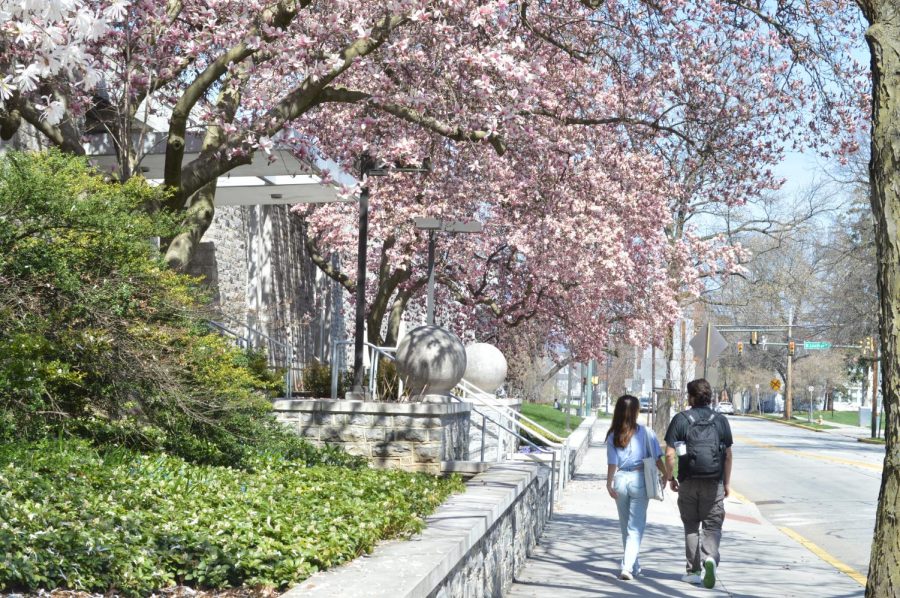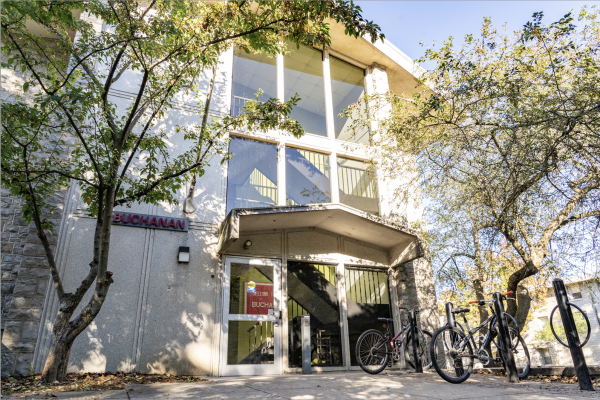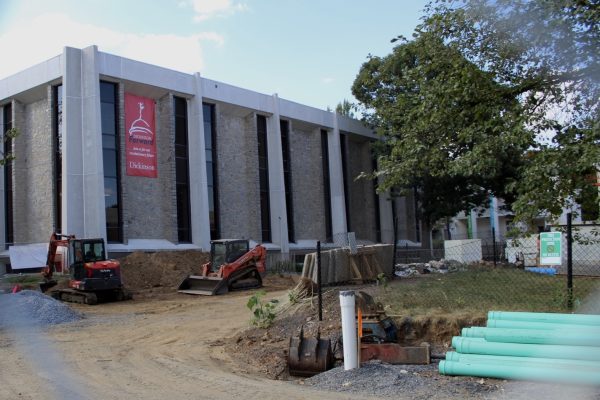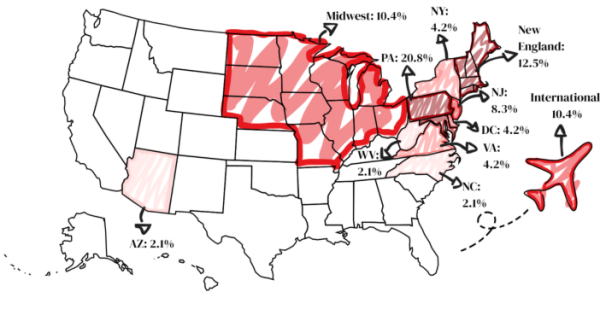Dickinson Signs Climate Resilience Pledge
President John E. Jones III announced in February that Dickinson would join 100 other colleges and universities in signing Second Nature’s Climate Leadership Resilience Commitment. This came from a resolution passed in the fall, from faculty that decided Dickinson should join this pledge.
Second Nature is an organization aimed at reducing environmental impacts of higher education. They have three commitments that schools can choose to join: reducing carbon-emissions, becoming carbon-neutral, and working toward climate resilience. Since Dickinson has already reached carbon-neutrality, they have signed the Resilience Commitment.
The goal of this commitment is to assess which people, communities and infrastructure are most at risk to harms associated with climate change. The next step would be to find solutions toward these issues and find ways to lessen hardships that are likely to be faced. This all works toward building resilience, which Dickinson defines as, “The capacity to prevent, limit, and recover from impacts of the changing climate and adapt to flourish in an uncertain future.”
The college aims to do this by creating a Resilience Working Group, led by Ken Shultes ‘89, Associate Vice President for Sustainability and Facilities Planning, and Neil Leary, Director of Dickinson’s Center for Sustainability Education. The group will be comprised of students, faculty, staff, and representatives and citizens from the Borough of Carlisle.
The group is still in its beginning stage of being formed, but the first step taken will be aimed toward assessment. This involves surveying probable risks and who will be affected by them. This will likely culminate in the draft of an assessment report for the college and Carlisle community.
Later actions will be focused on finding solutions and implementing them. The Center for Sustainability Education has explained that the overall process is expected to take around 3 years for changes to begin being implemented. However, Leary stated that “some actions can and will take place sooner.”
Additionally, every step will be open to public opinion. This is especially important because the goal is for the betterment of the community, so everyone can have a role in their own future. The working group will also contact experts on or people who have a stake in specific topics as needed. The hope is that, in building up a more resilient community, Dickinson and Carlisle will be able to bounce back quicker and easier after inevitable harmful weather events take place.
According to Leary, an aspect that specifically will affect Carlisle will be flooding and groundwater runoff. Some ways that the college can address these issues are through increasing the number of permeable sidewalk and parking lots and maintaining those surfaces properly. Additionally, more rain gardens, spaces with open soil and plants, and drainage basins would help to intercept a lot of water and reduce flash flooding. While some of these tactics are already in place, the working group is a way to bring these ideas together and make more widespread changes.
Another issue that will be focused on is extreme heat in Cumberland County. There will be an increase in both the number of hot days and the severity of high temperatures in the near future. This can have severe health effects and greatly impact any student athletes who play outdoors, or people who work outside, like farmers and facilities workers.
Since these issues involve much more than just Dickinson and Carlisle community members, the committee could serve as an advocacy group. This would involve educating farm managers on health risks, and advocating for farmers or other outdoor workers to be given better working conditions. One instance of this would be to have more flexible hours, so they do not need to work in the hottest part of the day. The working group could also work with local schools and other institutions to help them create healthy policies around outdoor exposure.
Ultimately, signing the commitment is an important step for Dickinson’s climate efforts since reaching carbon neutrality. Leary explained that “The climate is changing despite global efforts…even if successful, there will be associated risks and hazards.” Therefore, taking these measures is crucial for Dickinson to manage the impact of a changing climate on campus life.
However, this is not the only change being implemented. Dickinson is still actively trying to cut carbon emissions from the school. This will help them to rely less on buying Carbon-Offsets to maintain Carbon-Neutral status.







